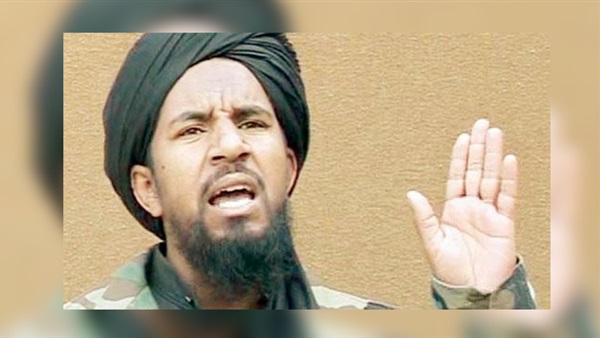Abu Laith al-Libi … The Mastermind of the "Great Escape"

Ali Ammar al-Rukai was killed in a US missile attack
on January 30, 2008, as he prepared with other members of al-Qaeda to meet senior
Taliban leader Abdullah Mehsud in the town of Mirali, north of Waziristan.
Also known by the name Abu al-Laith al-Libi, al-Rukai
was the third-in-command in al-Qaeda. He played an important role in the
history of the organization by targeting US sites. Washington considered his death
a “great victory”.
Born to a religious Libyan family in 1972, al-Rukai
joined the Libyan Islamic Fighting Group in the 1980s and 1990s. His group
considered the former Libyan leader Muammar Gaddafi, an "infidel”, calling
for rebellion against him.
The Group entered into military confrontations with
the Gaddafi regime. Nonetheless, in 2007, it declared an ideological revision. The
revision was similar to the initiative taken by the Islamic Group in Egypt in
1997, in which it renounced violence.
Al-Libi fled to Saudi Arabia After Gaddafi’s regime
staged a crackdown on the members of his group, killed some of them and put
many of them in jail. That was in the early 1990s.
He was, however, arrested in Saudi Arabia, following
the Riyadh bombing of 1995. He was accused of carrying out the attack along
with others. They were put in the heavily-guarded Al-Ruwais Prison in Jeddah.
However, al-Libi managed to escape along with other
prisoners in 1998. Then, he traveled to Afghanistan and joined al-Qaeda. In November
2007, he announced a merger between al-Qaeda and the Islamic Fighting Group.
Al-Libi then declared himself the leader of the organization’s branch in Libya.
Al-Libi,
along with a group of other takfiris, took charge of Kandahar Airport and
Jalalabad City during the US invasion of Afghanistan at the end of 2001. He
also staged several attacks on US troops and Afghan government offices in eastern
Afghanistan.
Gathering
Arab fighters
Al-Libi played
a prominent role in bringing Arab mujahedeen together, rearranging their ranks,
and persuading many leaders of the takfiri groups to join al-Qaeda, including
Hassan Hattab, leader of the Salafist Group for Preaching and Combat which was
established in Algeria in 1998.
In 2001, his younger brother, Abdul Hakim Ammar al-
Rukai, was arrested after the US occupation of Afghanistan.
Books, such as "Messages of Advice and Guidance
for Those Staying Away from Jihad" and "Responses to Ideological Revisions
by the Leaders of the Egyptian Jihad" were al-Libi’s most important
contributions to jihad. He also has a series of answers to questions on Islamic
law. He answered these questions in interviews that were aired on media
affiliated to As-Sahab Foundation for Islamic Media Publication, al-Qaeda’s media
arm.
The leaders of the Islamic Fighting Group did not like
the merger with al-Qaeda. They reconciled with the Gaddafi regime in 2007.
Mediating this reconciliation was the former leader of the group, Noman
Benotman.
The leaders of the group, therefore, made ideological
revisions and renounced violence. Consequently, Gaddafi released most of them
from prison in the 1990s.





